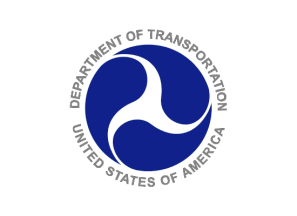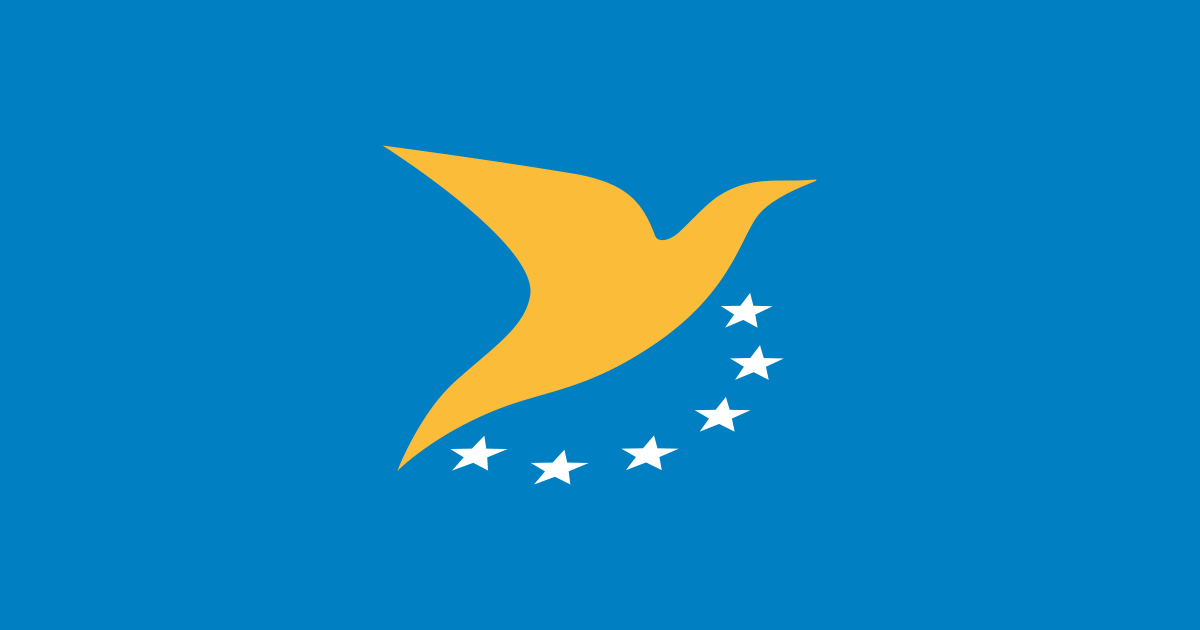
Premiere private jet charter provider, Monarch Air Group, sees a 32% rise in cryptocurrency transactions this year to date. The company attributes the growth to both the increase in value of cryptocurrency along with t...
The post Crypto Takes Flight: Monarch Air Group Sees 32% Rise in Cryptocurrency Transactions Year-Over-Year first appeared on Reliable News.





